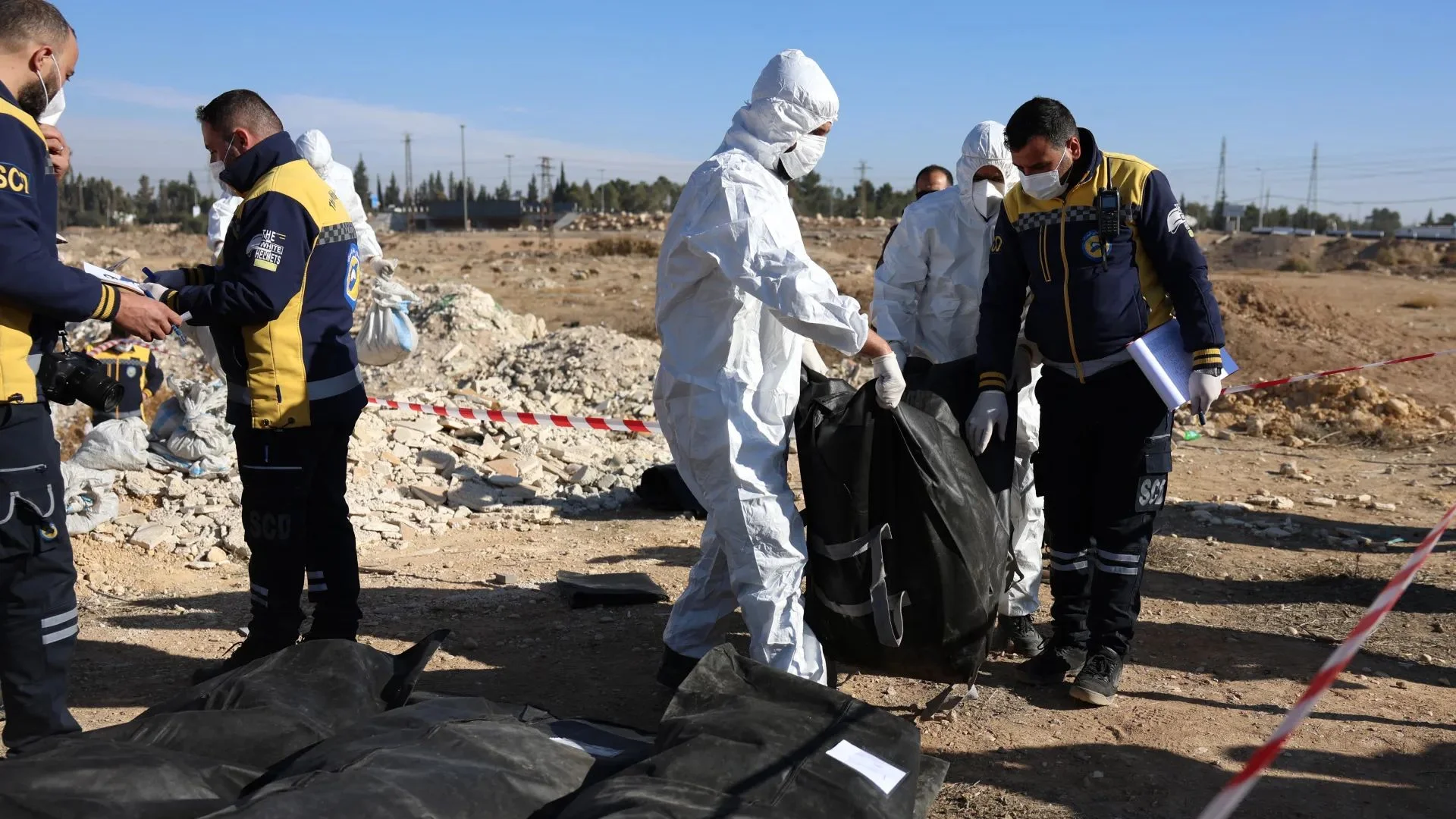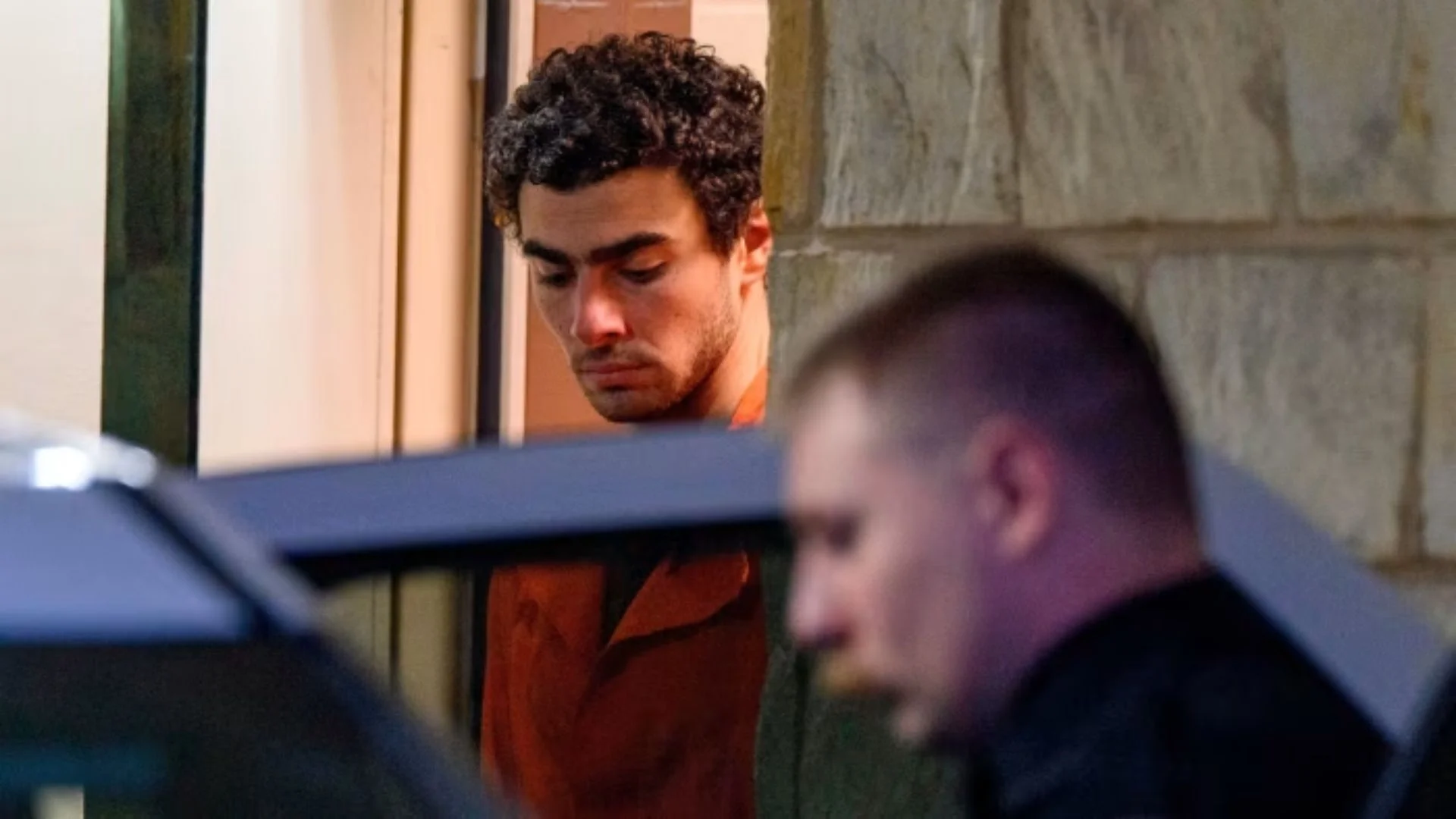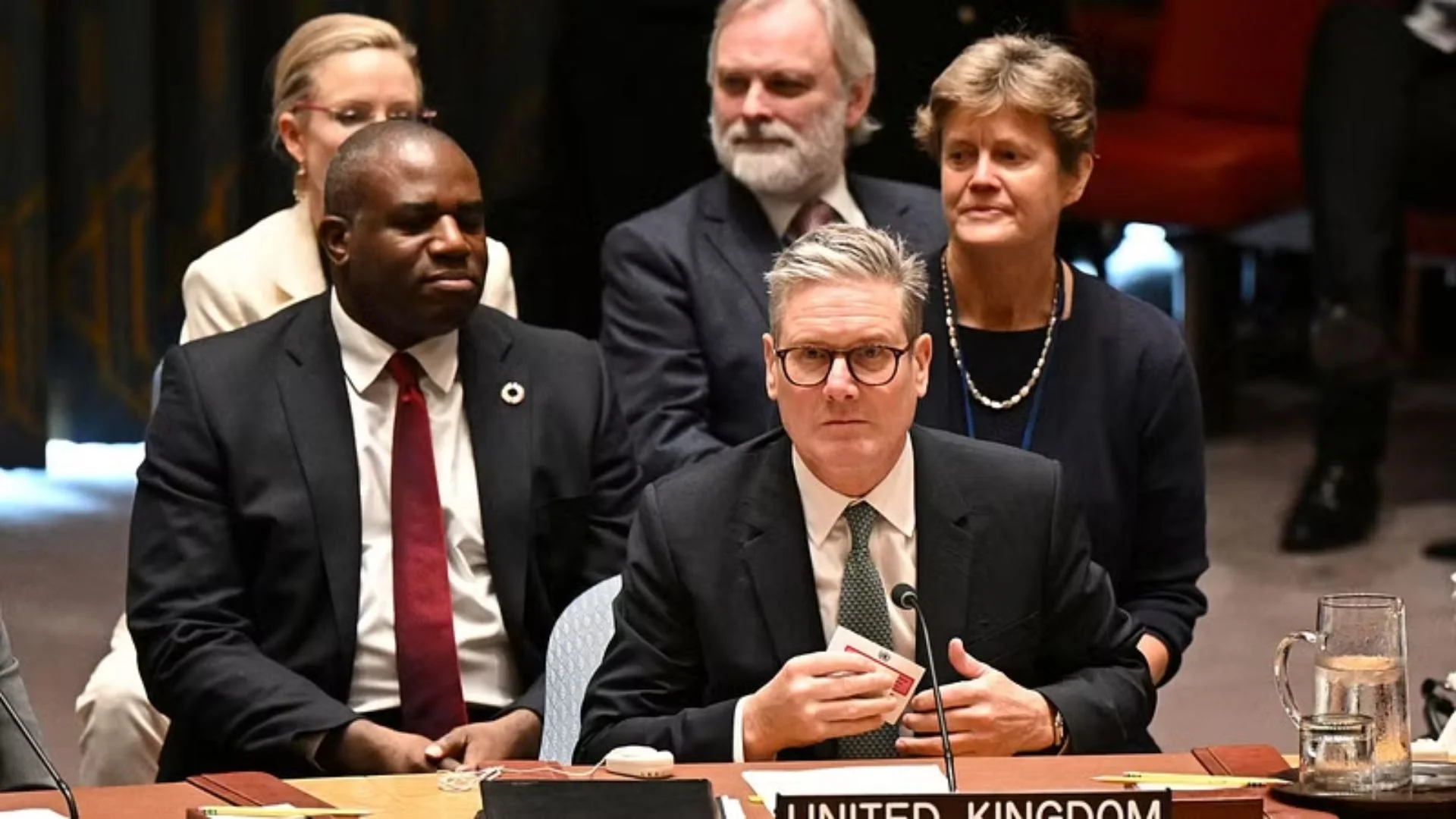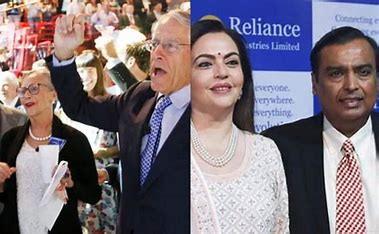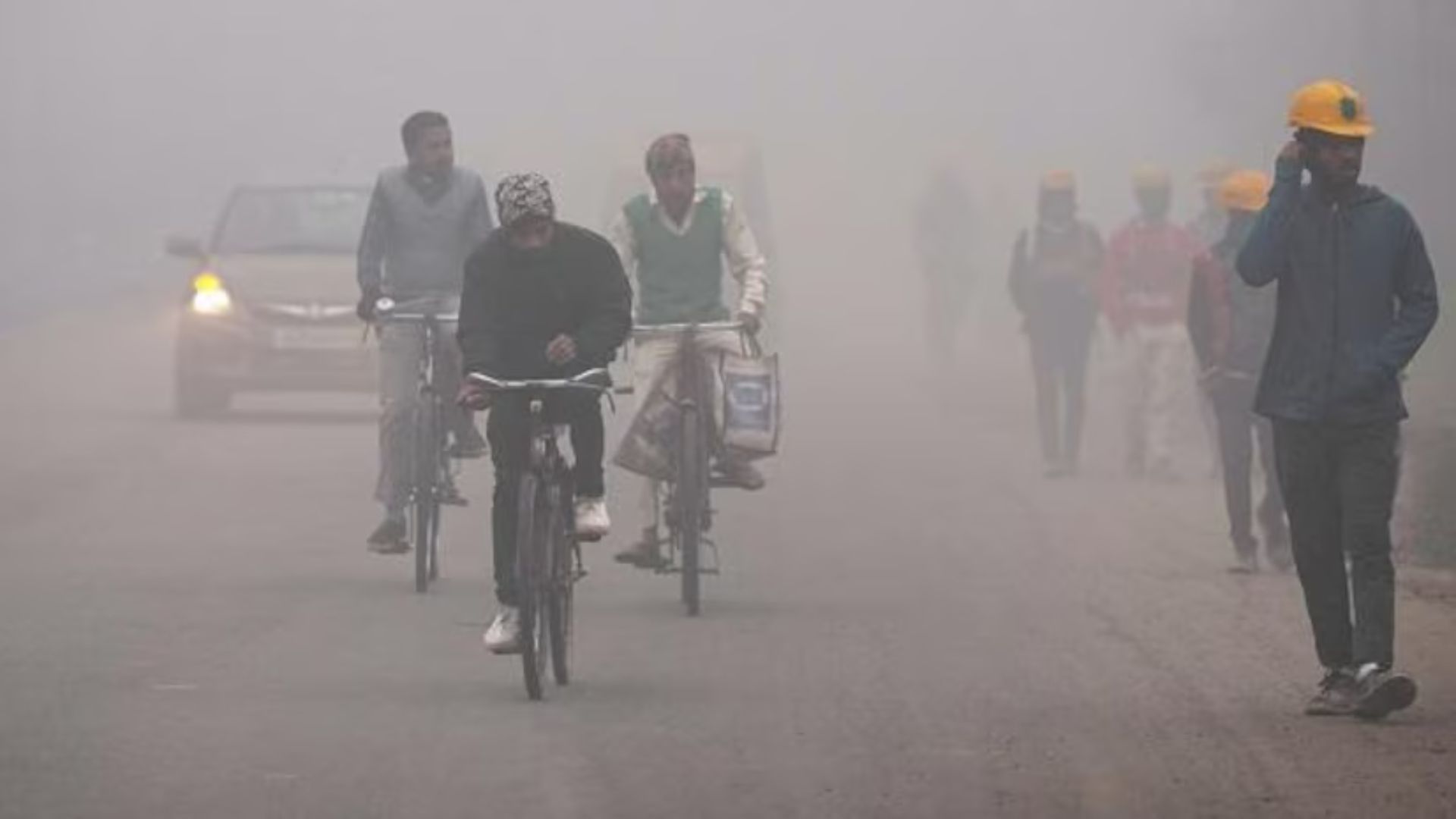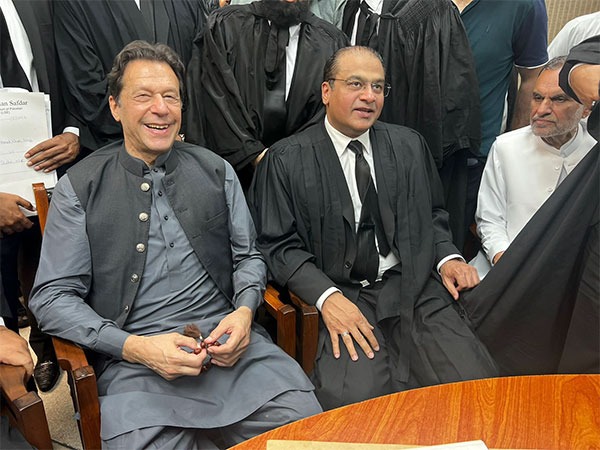
In a major relief for embattled Imran Khan, Pakistan’s Supreme Court on Thursday declared the former prime minister’s arrest “illegal” and ordered his immediate release after he was produced before a bench on its orders.
Imran was arrested on Tuesday from the Islamabad High Court (IHC) and an accountability court Wednesday handed him over to the National Accountability Bureau (NAB) for eight days remand in connection with the Al-Qadir Trust corruption case.
His arrest sparked widespread protests across Pakistan, prompting the government to deploy the army in the national capital as well as in Punjab, Khyber Pakhtunkhwa and Balochistan provinces. The violent protests left at least eight people dead. On Thursday, a three-member apex court bench, comprising Chief Justice Umar Ata Bandial, Justice Muhammad Ali Mazhar and Justice Athar Minallah, ordered his immediate release. The bench, while hearing the Pakistan Tehreek-e-Insaf chairman’s plea against his arrest, expressed anger at the way he was taken into custody by paramilitary Rangers and ordered the National Accountability Bureau (NAB) to produce him before it. Khan, who was ousted from power in April last year, was brought to the court amid heavy security. As he entered the courtroom, it was closed, and subsequently, the bench resumed the hearing of the case. “It is good to see you,” Chief Justice Bandial told Khan. After a brief hearing, the court declared that Khan’s arrest was “illegal” and of no consequence and ordered that he should be set free. The court also directed him to go to the IHC on Friday and seek further legal recourse. “You will have to accept whatever the high court decides,” the top judge said. Bandial also said that it is every politician’s responsibility to ensure law and order. During the hearing, Khan told the court that he was “kidnapped from the court” when he was preparing for the biometric attendance before filing an appeal in a case. Khan claimed he was subjected to violence, saying he had been beaten with clubs and that such brutality was not even inflicted on criminals. When the chief justice asked him to condemn violence by protestors, Khan distanced himself from the protests by saying that he was in custody. “I was caught as if I am a terrorist,” he said and asked, “How am I responsible for the bloody protests?” He also said that he never supported violence. “I urge everyone to avoid damaging public properties,” Khan said, adding that he was just pushing for elections. His lawyers later said outside the court that Khan also called off all protests. The court while freeing Khan refused to allow him to go home and directed that he would stay for night at the Guest House of police in protection of the state and go to the IHC on Friday. The court also allowed that up to 10 people could meet him. “Imran Khan will stay at the guest house as a guest [and] his protection would be the government’s responsibility,” Bandial said. “You can rest there, chat with visitors and go to sleep.” At the start of the hearing earlier in the day, Chief Justice Bandial asked how an individual could be arrested from the court premises. Justice Minallah observed that Khan had indeed entered court premises. The court also observed that no one could be arrested from the court without permission of the court’s registrar. It observed that the arrest tantamount to denying access to justice without fear and intimation, which was the right of every citizen. It also said that by entering the premises of a court means surrendering to the court and how a person could be arrested after surrender. “If an individual surrendered to the court, then what does arresting them mean?” the chief justice said. The court also took note of about 90 to 100 Rangers personnel entering the court to arrest Khan. “What dignity remains of the court if 90 people entered its premises? How can any individual be arrested from court premises?” the chief Justice asked. Chief Justice Bandial also at point observed that the National Accountability Bureau had committed “contempt of court”. “They should have taken permission from the court’s registrar before the arrest. Court staffers were also subjected to abuse,” he said. During the hearing, Khan told the court that he was “kidnapped from the court” when he was preparing for the biometric attendance before filing an appeal in a case. Khan claimed he was subjected to violence, saying he had been beaten with clubs and that such brutality was not even inflicted on criminals. When the chief justice asked him to condemn violence by protestors, Khan distanced himself from the protests by saying that he was in custody. “I was caught as if I am a terrorist,” he said and asked, “How am I responsible for the bloody protests.



